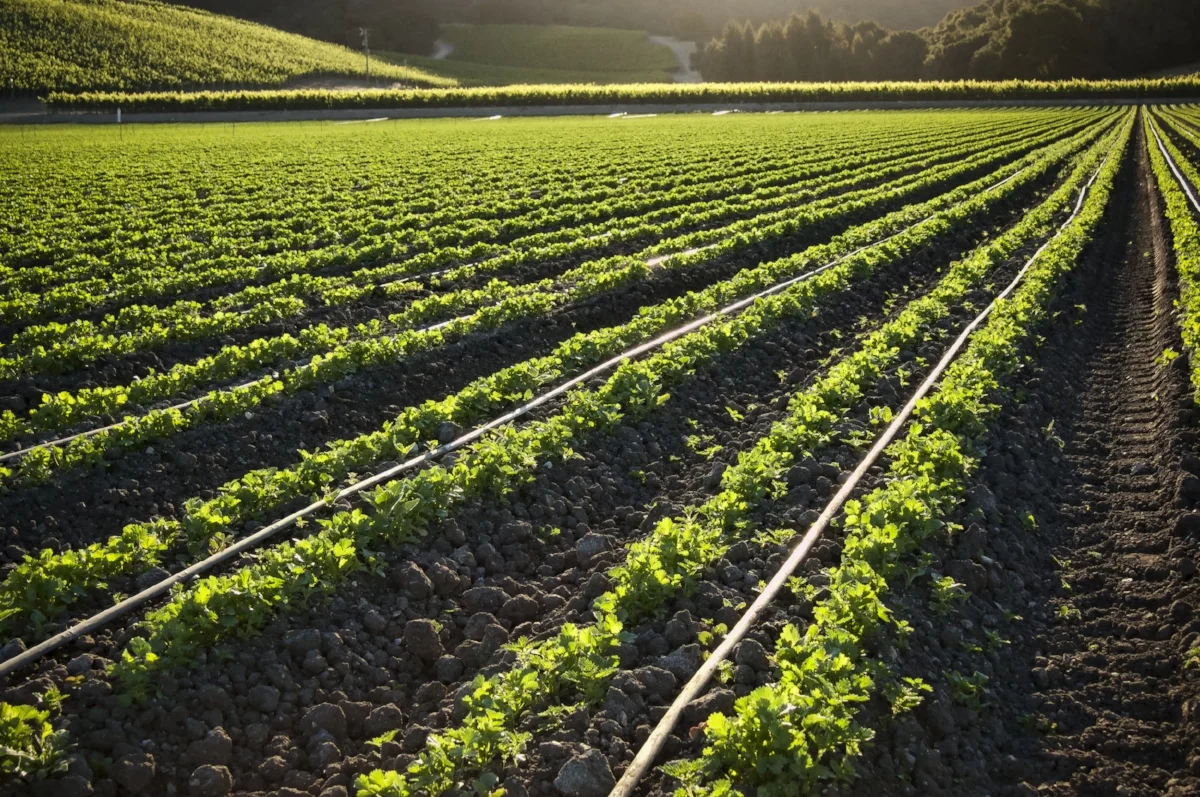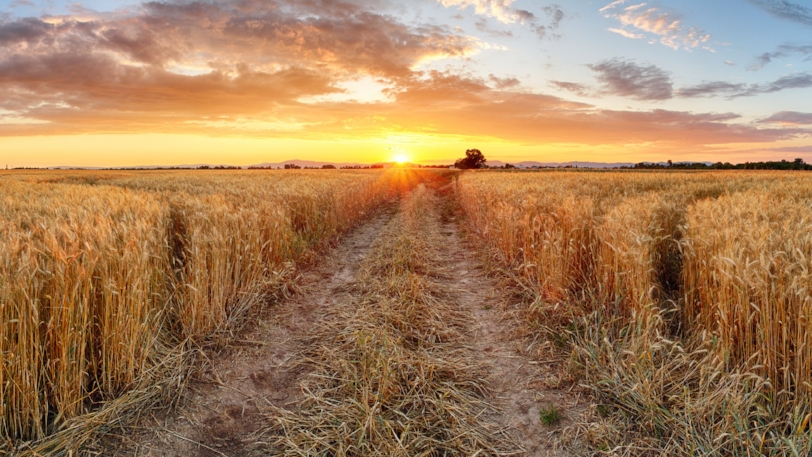Each year the USDA, through the National Agricultural Statistics Service (NASS), reports on agricultural land values. Generally speaking farm real estate average values per acre have stayed relatively stable in New Mexico, Colorado, Montana, and Wyoming from 2015 to 2019. Across the Mountain Region, values have risen 8% over five years in large part due to a significant rise in values in both Idaho and Utah.
PACIFIC REGION USDA NASS FARMLAND VALUES FOR 2018
2018 USDA NASS FARMLAND VALUES MOUNTAIN REGION
PILOT SYSTEM WATER CONSERVATION SYSTEM RFP OUT
The Upper Colorado River Commission (UCRC) has issued a Request for Proposals to invite users of the Colorado River System water in Colorado, New Mexico, Utah, and Wyoming to submit proposals for Pilot Program water conservation projects. Projects are meant to test methods for saving water that could be part of a drought contingency plan in the Upper Basin of the Colorado River.
AGRICULTURAL CASH RENT TRENDS IN IDAHO, OREGON, AND WASHINGTON
Each year the USDA NASS releases cash rent amounts by land use for various states and regions across the country. In Idaho cash rents for all land types, irrigated cropland, non-irrigated cropland, and pasture, posted declines from 2016 to 2017. In Oregon and Washington, cropland rents increased year-over-year, but 2017 pasture rents decreased from the previous year.
AGRICULTURAL WATER USE IN GALLATIN VALLEY
Recently we visited the Gaffke Ranch in the Gallatin Valley. The most impactful part of the tour was not the low water component, but Mike's take on the changes to water availability. Mike seemed to be more concerned with the dissolution of community as a result of the decrease in agricultural water users than the water itself.






